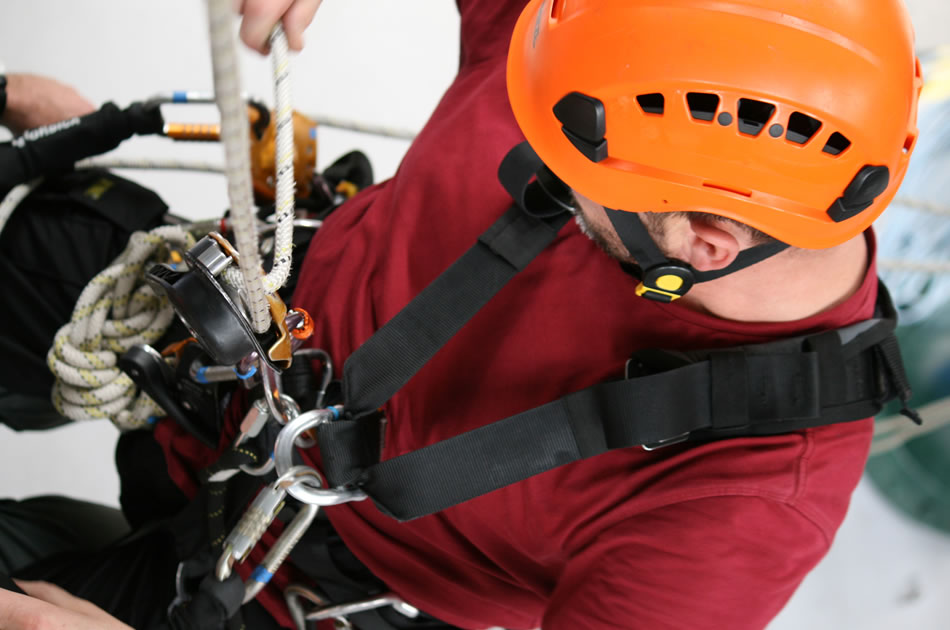Many people do not follow the standard path to build a career. If you are looking for a challenging and rewarding career, rope access training opens an array of possibilities. A rope access training course provides practical abilities that transcend everyday tasks. These are skills that are utilized in fields where secure access to difficult-to-access areas is essential. Many people choose rope access courses to get into thrilling fields like inspecting, maintenance, or construction. From bridges to high-rises The demand for skilled professionals is always increasing. Industries rope access training helps prepare individuals for the real-world scenarios. With rope access certification, the path to an industry-specific, hands-on job is truly beginning. This is a profession built on safety, skill, and trust. Rope access doesn’t only concern physical abilities, it’s about recognizing qualifications as well. IRATA Training is the largest and most renowned quality in the field of rope access specialists. The completion of IRATA Level 1 certification gives the necessary foundation for beginning work. This IRATA Level one rope accessibility course has been designed for people who are beginning their journey. If you are seeking for additional info on irata level 3, explore the above site.
It covers the fundamentals necessary for safe use of ropes. After completion, students earn their IRATA certification, which proves they have met industry standards. A majority of them begin with an IRATA level 1 course, and move on to the next level. As they get experience, they will be able to advance and be able to take on more challenging tasks. The progression process in rope access is clearly outlined. As experienced professionals gain experience, they are able to advance to IRATA level 3. This is the top level of certification for the rope access field. The IRATA Level 3 training prepares individuals to lead teams and ensure the safety of workers on site. A IRATA rope accessibility level 3 tech is able to supervise operations and respond to emergency situations. This IRATA Level 3 CSCS card also confirms their knowledge of construction and security. Level 3 rope access isn’t only a job, it’s a leadership job. It requires experience, knowledge and a commitment to secure practices in challenging environments. There’s a rising demand for rope access technicians across a variety of sectors.
With IRATA certification and rope access certification, experts are able to find jobs in telecoms, energy offshore rigs, offshore drilling, and many more. Training in rope access is versatile ability that can be used in a variety of settings. Industries rope access training makes sure that workers are able to handle difficult tasks in a safe manner at a height. Employers prefer those who have completed an IRATA Level 1 rope access training course because it indicates their readiness and proficiency. Through further education and experience, employees can advance to higher levels. The path from entry-level to expert is clearly defined that offers both challenges and stability over the long term in a distinct profession. Rope access can provide a completely new career path. It’s ideal for people who are looking for more than an office job. From the very first rope access course until achieving IRATA level 3, each step is a way to build skill and confidence. Rope access courses open doors in areas that traditional access methods aren’t feasible. The achievement of IRATA certification means you’ve achieved the highest standards of international quality. If you’re starting by completing IRATA Level 1 certification or pursuing the IRATA Level three CSCS certificate, the process is satisfying. Through rope access and clearly defined qualification pathway, people can enjoy an engaging, fulfilling and distinctive career that has an excellent future.






